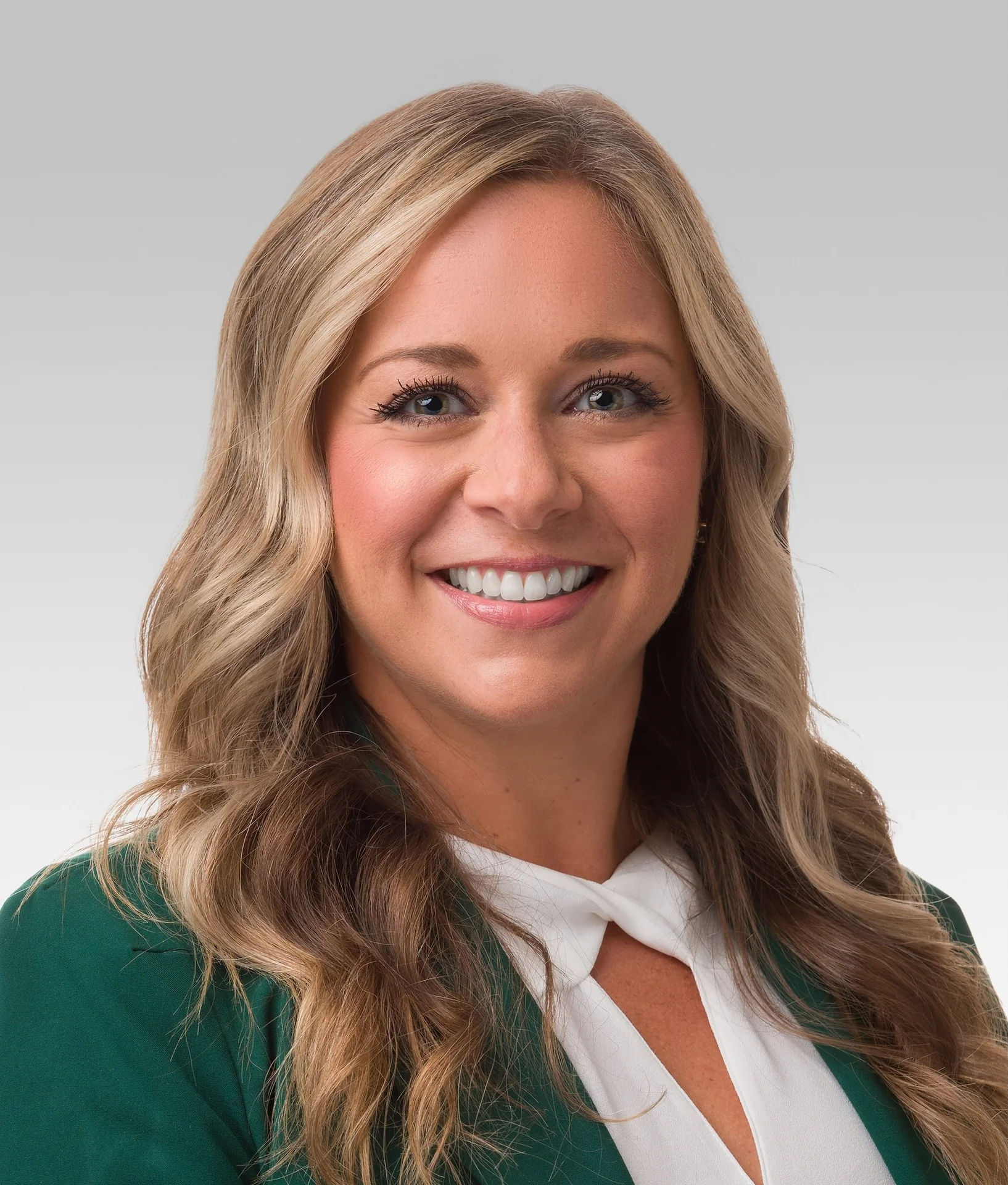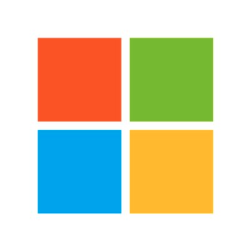Authors:


In today's rapidly evolving healthcare landscape, innovation is crucial for enhancing patient care and operational efficiency. Leading this charge is Kali Arduini Ihde, the Director of Innovation at Northwestern Medicine. Kali has played a pivotal role in identifying, evaluating, and implementing cutting-edge technology solutions to tackle the challenges faced by Northwestern Medicine's patients and care providers.
As a major health system in the Chicago area, Northwestern Medicine is committed to being at the forefront of medical discovery and improving the care delivery experience for patients, communities, and their own workforce. Kali shares, "We value quality, and we value the research that we do in conjunction with the Feinberg School of Medicine and Northwestern University. We just feel that there are a lot of opportunities to make things better, and we really want to be there to do it.”
At Microsoft, Mary Varghese Presti leads the development of generative AI-based workflows for care team members in her role as CVP of Microsoft Health & Life Sciences. “We’re at an inflection point in healthcare—an era where generative AI has the power to fundamentally reshape how care is delivered. At Microsoft, my focus is on turning that potential into practical, responsible solutions that help ease the burden on clinicians. For frontline nurses, who often carry the heaviest load, we’re incubating ambient technologies designed to return precious time back to them—time they can reinvest directly into patient care. That’s the true promise of AI in healthcare: not to replace the human touch, but to elevate it. This has been an incredible journey to be on with our health system partners like Northwestern Medicine.”
Overcoming challenges with new technologies
Top of mind for Kali is finding solutions that can make meaningful impacts on her organization today, which includes filtering through all the new, flashy AI technologies. Kali explains, "A lot of what my team does is look at which of these solutions are real. What can we prove in a three-to-six-month pilot period? The real value? Is it feasible? Does it function as expected? Do we get the outcomes we expect?" Another way she keeps her team on the right track is by making sure their work is grounded in the biggest challenges the organization is facing. “What are the challenges our patients are having every day? Our physicians, our nurses, our administrators, our finance teams, everybody. How do we make sure that anything we're looking at is aligned to those biggest problems?”
While technology can significantly enhance the lives of clinicians and improve patient care, it also brings its own set of challenges. To help ease these changes within her organization, Kali is focused on building a culture of innovation by giving clinicians a safe space to try something new and engage with these solutions. From her own experience working with healthcare organizations on implementing new AI solutions, Mary shares, “An innovation culture means giving ourselves permission to experiment—to try, to learn, and to iterate. That mindset is especially powerful in healthcare, where frontline nurses are among the most inventive, pragmatic, and resourceful problem-solvers. When we pair their lived expertise with emerging technologies, we unlock solutions that are innovative and grounded in the realities of care. Our recipe for great adoption requires clinicians who engage as co-creators—when they feel safe to explore, question, and help shape what’s next. That’s how we turn promising tools into meaningful, lasting change. And that is a big part of what we’re doing together with Northwestern Medicine.”
Scaling AI innovation responsibly
A priority for Northwestern Medicine is implementing AI technology in an intentional and responsible way. Kali shares, "We have a really great internal team of data scientists and AI experts who get on the phone with potential partners, potential vendors, and really go through questions like how did you create your AI? How was it trained? Is it using a ChatGPT-based model? Did you create it yourselves, and if so, what methods did you use to create it?" Properly vetting AI technology vendors can help organizations safeguard patient data, address bias and ethical concerns, and align the solutions to their organizational goals. Mary explains, “In healthcare, the stakes are incredibly high, and AI solutions must be held to a standard that prioritizes patient safety, clinical integrity, and data privacy. At Microsoft, our foundation is built on a deep commitment to security, compliance, and responsible AI, and we bring that lens to every partnership.
For clinical organizations evaluating AI vendors, it’s important to ask how models are built and governed, how they safeguard against bias, support evidence-based care, and integrate safely into clinical workflows. Responsible AI in healthcare is both a technical requirement and a clinical requirement.” When it comes to scaling AI solutions across the system, Kali emphasizes the importance of not just testing new technologies but also getting them into the hands of everyone within the organization. "If the tool can help one hospital, let's get it into all of them. If the tool can help one cardiologist, let's get it to everybody. Our patients are seeing the benefits and not just at one site, but everywhere.”
Looking ahead
Kali believes that the next generation of AI coupled with precision medicine will be game-changing in healthcare. "What AI can do to scan very complex data, find insights, get those to the people who can take action on them to help our patients, to help our communities, to help even our workforce, is amazing.” She encourages everyone to stay open, interested, and excited about the future of healthcare innovation.
To learn more about Northwestern Medicine and their innovative work, visit innovation.nm.org. To learn more about what Microsoft is doing in healthcare, visit Microsoft Cloud for Healthcare.
